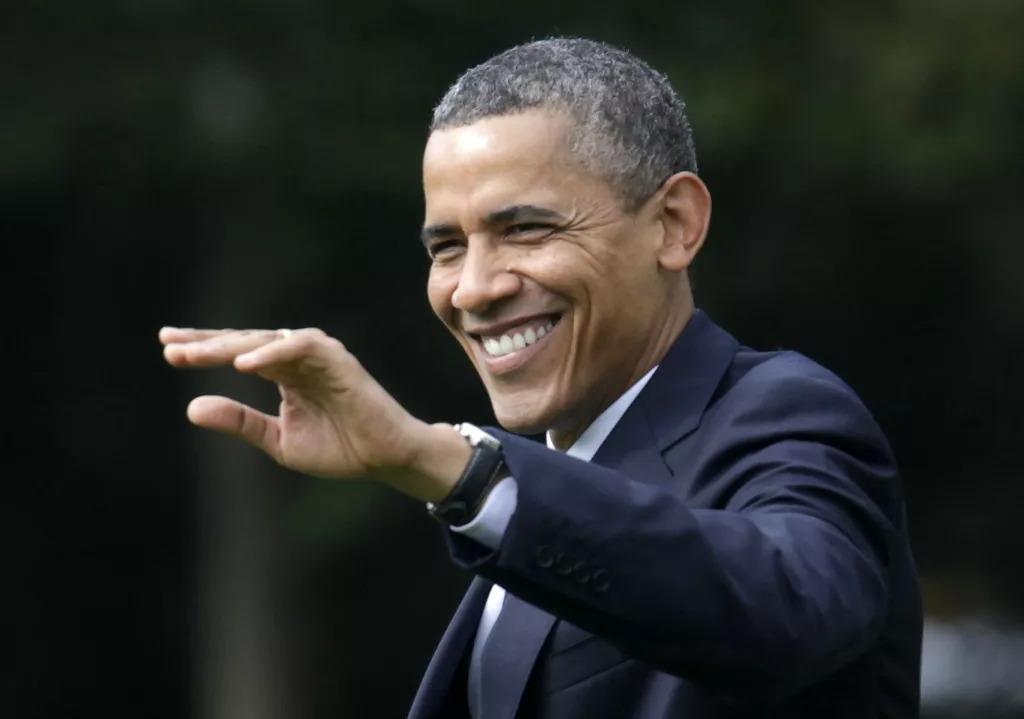Hollywood eyes lucrative summer
Blockbuster season to include 'F1' and 'Mission: Impossible'

A half-century ago, in June 1975, Jaws swam into theatres, gave audiences a good scare and rewrote film history.
The shark thriller became the first summer blockbuster with a playbook that Hollywood studios still follow today.
Jaws was heavily marketed, creating buzz that positioned the film as a must-see event. It became a runaway hit that changed the career of its young director, 26-year-old Steven Spielberg, and shifted the scheduling of movies.
"Before Jaws, there wasn't really a well-defined summer movie season," said Paul Dergarabedian, senior film analyst at Comscore.
"You could have big movies coming out at any time of the year, but there was never a season that encapsulated what young people wanted to do in the summer, which was to go to the movie theatre," he added. "It really changed everything."
Star Wars took the same path in the summer of 1977, hitting screens over the US Memorial Day weekend. Spielberg debuted his first Indiana Jones films in June of 1981.
Now, Hollywood packs many of its most ambitious films into theatres from the first weekend in May through Labour Day in September.
That season accounts for roughly 40 per cent of the annual box office returns in the United States and Canada. In 2024, domestic theatres generated $3.7 billion in ticket sales during that time.
"The summer is what we look forward to in the movie business," said Doreen Sayegh, owner and operator of the five-screen Cranford Theater in New Jersey. "It's when some of the hottest movies, the biggest blockbusters come out, and kids are home from school so we see a lot of families."
Hollywood is counting on this summer to reverse a downward trend. Tickets sales in the United States and Canada are running 11 per cent behind the same point last year, according to Comscore data, and remain below pre-pandemic levels. Cinemas face competition from at-home streaming services such as Netflix.
Big summer bets
This week, film studios previewed their biggest summer bets at CinemaCon, an annual gathering of theatre owners in Las Vegas. Producer Jerry Bruckheimer reminded the crowd that Top Gun: Maverick brought in $1.5 billion worldwide in 2022.
"We're here to tell you that we're ready to do it again," Bruckheimer said, with Warner Bros action film F1 starring Brad Pitt as a Formula 1 driver. "We believe this is going to be the cinematic event of the summer."
F1, scheduled for June, is among the few big-budget original films in a slate of sequels, reboots and franchises.
Walt Disney's Marvel Studios previewed Thunderbolts, the story of an irreverent team of superheroes starring Florence Pugh, David Harbour and Julia Louis-Dreyfus. Thunderbolts will kick off the summer film season in May, and Marvel will follow-up with The Fantastic Four: First Steps in July.
Warner Bros touted its new Superman directed by Guardians of the Galaxy filmmaker James Gunn. Actor David Corenswet will don the famous red cape for the first time, part of the studio's latest attempt to reinvigorate the DC Comics films.
Comcast's Universal Pictures promoted a new dinosaur film, Jurassic World: Rebirth, starring Scarlett Johansson and Jonathan Bailey.
One of cinema's biggest champions, Tom Cruise, teased Mission: Impossible – The Final Reckoning, the film that may be his last in the action franchise.
Family films and action
Sayegh said she was optimistic about upcoming family films including a new Smurfs, a live-action remake of How to Train Your Dragon and The SpongeBob Movie: Search for SquarePants. Family films have been some of the top performers at cineplexes in recent years.
She also was impressed by the trailer for Mission: Impossible. This summer, "there's a lot at once, a lot of adrenaline. I'm pretty excited over the slate I've seen."
Other cinema operators welcomed the full schedule after disruptions from the pandemic and the 2023 Hollywood strikes, though some complained that studios should space the films out more. F1, for example, comes out just five days before Jurassic World.
As people weigh their summer entertainment options, Republican US President Donald Trump's tariffs have sparked fears of a global economic downturn. Any economic uncertainty from federal policies could create a challenge for the film business, said Michael O'Leary, president and CEO of trade organisation Cinema United.
"We're an industry which thrives on people having discretionary income," O'Leary said. "When there is uncertainty in the economic markets, for any reason, people tend to not use that discretionary income as much as they otherwise would."
When Hollywood starts to compile this summer's receipts, a familiar star will return to the big screen. Universal plans to re-release Jaws in theatres in late August to celebrate its 50th anniversary. Reuters



















COMMENTS
Comments are moderated and generally will be posted if they are on-topic and not abusive.
For more information, please see our Comments FAQ